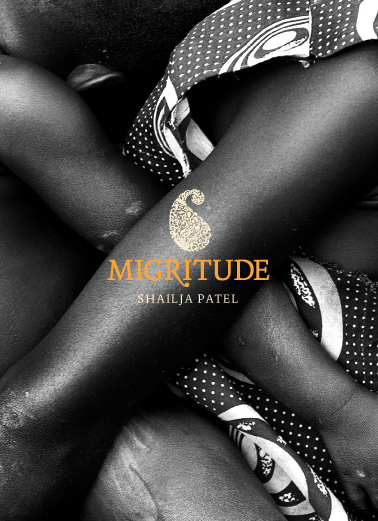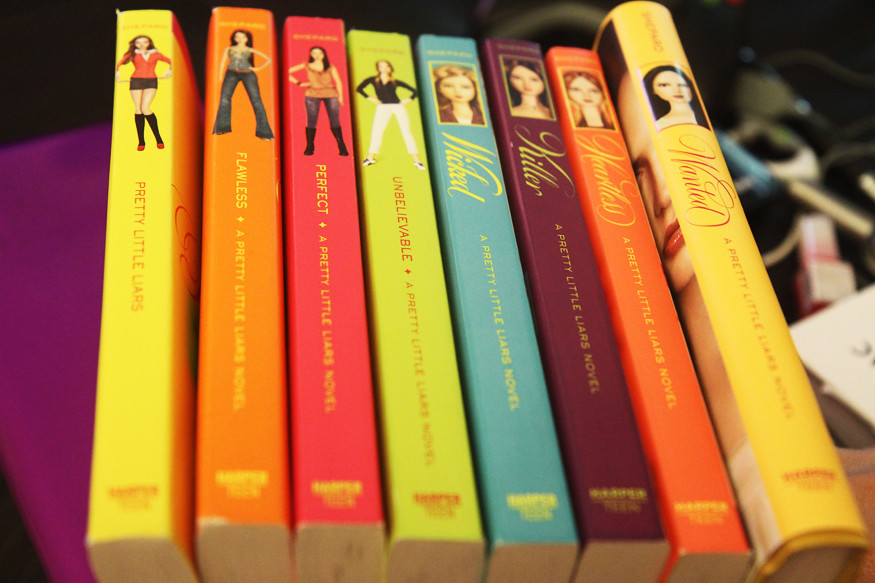I'm currently addicted to it. Both the novels and the TV series.
It started about a month ago when my friend "provoked" me to watch the series (yes, I'm that easy). I've tried months ago to start watching it, but I hadn't had the "clique" yet. Especially because the opening of the Pilot episode is soo... gloomy and even spooky (maybe because it was opened by a dark night and heavy rain). However, my friend kept convince me that the series is worth to watch. So I tried.
But, before I tried to watch the series, I bought the novel and read it, so it kind of a judgment of the series whether it is really worth to try. Ha. Yes, I'm that complicated as well. Aaand, I fell in love with the novel. First, I honestly not a big fan of mystery, but, this kind of mystery that Shepard wrote is not that "scary". Maybe because it actually is a teenager book. Second, I love the characters--Hanna, Aria, Emily, and Spencer. Even though she's a mean girl, Hanna's kinda sweet. I also enjoy the love story between Aria and Ezra. I also love the honest and sweet Emily, but I'm not really into her gay thing. And Spencer, although she always longs for what her sister has, somehow I like her, too. And FYI, I don't like Alison. To me, she's such a pain in the ass, too egocentric, and too bossy. She's very easy to hate. Nevertheless, that might be the purpose of the author in creating Ali's character.
I feel sorry to four of them because they encounter terrors from A. Among the book series, I have read three of them,
Pretty Little Liars,
Flawless, and
Perfect, and I like
Perfect best. Maybe it's because the thrill of the book feels so real and the conflicts keep going and getting more complicated. I also found it pretty depressing. It's just too harsh for high schoolers. I don't know what to do if I were one of them.
However, if I compare to the TV series, the plot of the novel is quite slow-paced. The ending of the first book is also the ending of the Pilot episode. I spent 3 days to finish reading the book, but I could get the same storyline in the series for only 45 minutes. Some of the details were left behind, though.
After the first episode, the plots of both the book and the series go into different way. I was watching the series while I also reading the novel, so it got me confused to recall what was what because the gap is quite distinct. For example, I am used to the reunification the the ex-bestfriends in the series. However, in the novel, I also need to accept the "reality" that these four ex-bestfriends do not get along anymore. If I may say, they seem to keep a distance from each other. They also do not feel that they belong together. They're just strangers with memories.
If I may choose, I like the series better. Not because the novels are poorly written, but because I like to see those girls support each other in the series. They seem perfect and alive together. Nevertheless, I also like the novels because Shepard gives every details that the readers need, so I could imagine clearly what she is trying to say.
The review above is according to my opinion. I'm happy to have your own comments!



